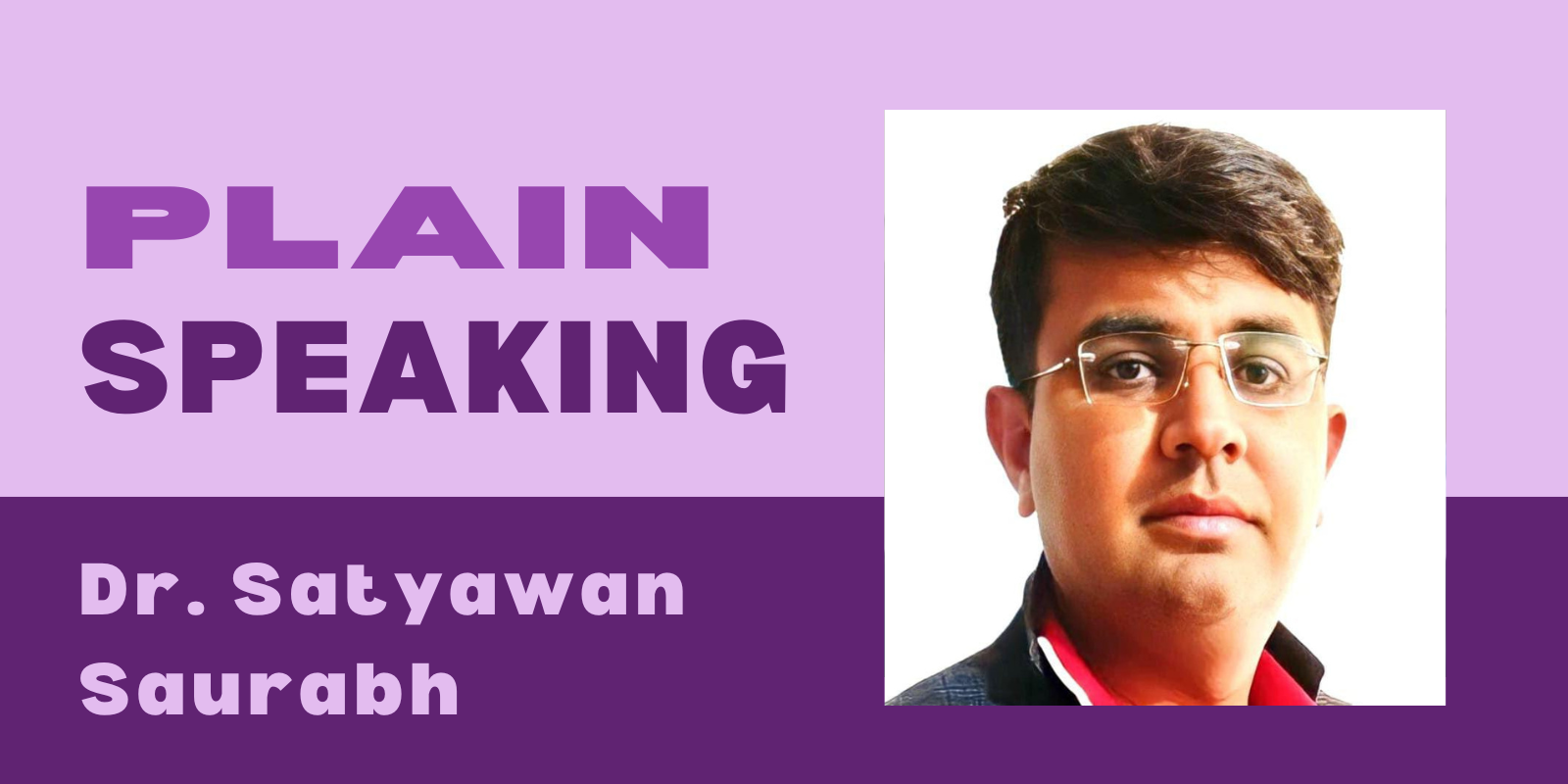India has progressed in many fields since independence. India has made significant progress in many fields, including literature, sports, agriculture, science, and technology. India has preserved its diverse culture and given it a deeper meaning. India has moved ahead in development. The nation has established its identity in the fields of social, political, economic, military, sports, and technology. New records have been set in this development journey. Currently, India is considered a strong country. It is not so at this moment. Today the eyes of the world are on India. The country, despite its internal issues and difficulties, has achieved something in the past years that the world finds fascinating. There are some things that the nation can be proud of, and there are also some things that can be regretted.
India is set to celebrate its 76th Republic Day on January 26, 2025, a poignant reminder of the goals, principles, and sacrifices of countless people who fought for the freedom and integrity of our country. There are conflicting feelings about what we have gained and lost in this long period. The question “What was lost?” seems to be wrong in this case. Because what was gained was lost. Both our republic and our independence were new. Thus, we sought it. Naturally, the former did not get as much as it deserved. After gaining independence, a republic was established. The ability to preserve this independence and republic is the greatest achievement. For the last 25 years, we have been able to maintain the diversity and unity of our country despite continuous proxy conflicts across the border and domestic and international terrorism.
India faced mainly three types of difficulties. The first and the biggest challenge was to find a way to unite India, keeping in view the diversity of Indian society. In terms of size and diversity, India was equal to any continent. Apart from diverse cultures and religions, some people also spoke different dialects. People at that time believed that a country with such diversity cannot remain united for long. In a way, people’s fears about the partition of the country came true. Will India be able to maintain its unity? Will it give priority to national unity over other goals? Will such regional and sub-regional identities be rejected? The most burning and painful question of the time was how to maintain the territorial integrity of India. This gave rise to serious concerns about the future of the country. Keeping democracy intact was another challenge. Everyone knows about the Indian Constitution. As you know, every citizen has the right to vote and fundamental rights under the Constitution. India adopted parliamentary governance under representative democracy. These features ensured that political elections would be held in a democratic environment. Although a democratic constitution is necessary to sustain democracy, it is insufficient. Implementing democratic practices according to the constitution was another challenge. The third difficulty was that of development.

On Republic Day, we introspect and think about what we have lost and what we have gained. On Republic Day, we assess our achievements and failures. Apart from this, we also reflect on the challenges and goals that lie ahead in the future. Now the time has come to pause and think about what we have lost and what we have gained in this journey of years. India has progressed in many fields since independence. India has made significant progress in many fields, including literature, sports, agriculture, science, and technology. India has preserved its diverse culture and given it a deeper meaning. India has moved ahead in development. The nation has established its identity in the fields of social, political, economic, military, sports, and technology. New records have been set in this development journey. At present, India is considered a strong country. It is not so at this moment. Today the eyes of the world are on India. The country, despite its internal issues and difficulties, has achieved something in the past years that the world finds attractive. There are some things that the nation can be proud of, and there are some things that can be regretted. If socio-economic inequality persists in a democratic country, it swallows up political equality as well, even if formal and legal political equality remains intact. Today’s India largely confirms this. Today our Constitution is suffering from various diseases. Many problems like corruption, rape, pollution, and population control have soaked Mother India in blood. Even today our republic seems to be stuck in some thorny bushes.
Discontent and anger are growing among the youth. They are being forced to move in the wrong direction. Electoral corruption and misuse of force have distorted it. The power struggle of the by-the-can era has delegitimized politics. There is no concrete plan to deal with social evils. In some places, this has alarmingly come to the fore. Atrocities against Dalits have increased, along with caste discrimination. Attacks on their women and incidents of rape have increased. The poison of provincialism and casteism still exists in the environment. Instead of calling themselves Indians, people identify themselves as Bengali, Bihari, Gujarati, Punjabi, Tamil, Kannada, etc. Apart from this, they also appear divided into different castes. Violence by caste armies is worrying. Debt, hunger, heavy rains, floods, and other reasons are pushing farmers to suicide. Displaced people do not have adequate housing and employment. The history of Naxalism is proof of this. Nowadays women and girls are more insecure than ever before, and incidents of rape are happening continuously. The regrettable comments made by our leaders have further demoralized us. The fundamental principle of freedom of expression in our Constitution is still being violated. This is a warning sign. We must push back. This momentous occasion now needs to be turned into a project, as we have only just given it organizational shape.






